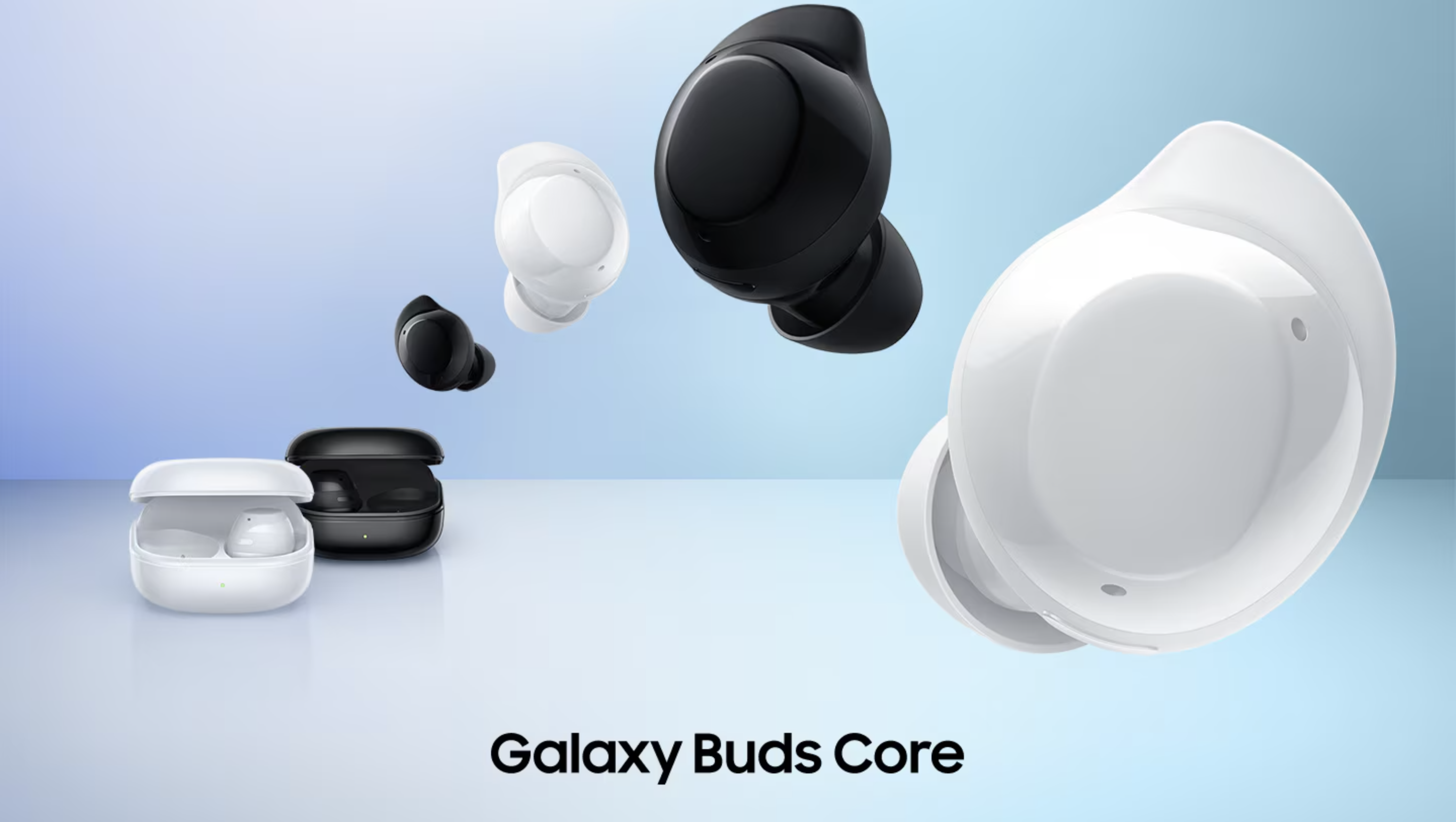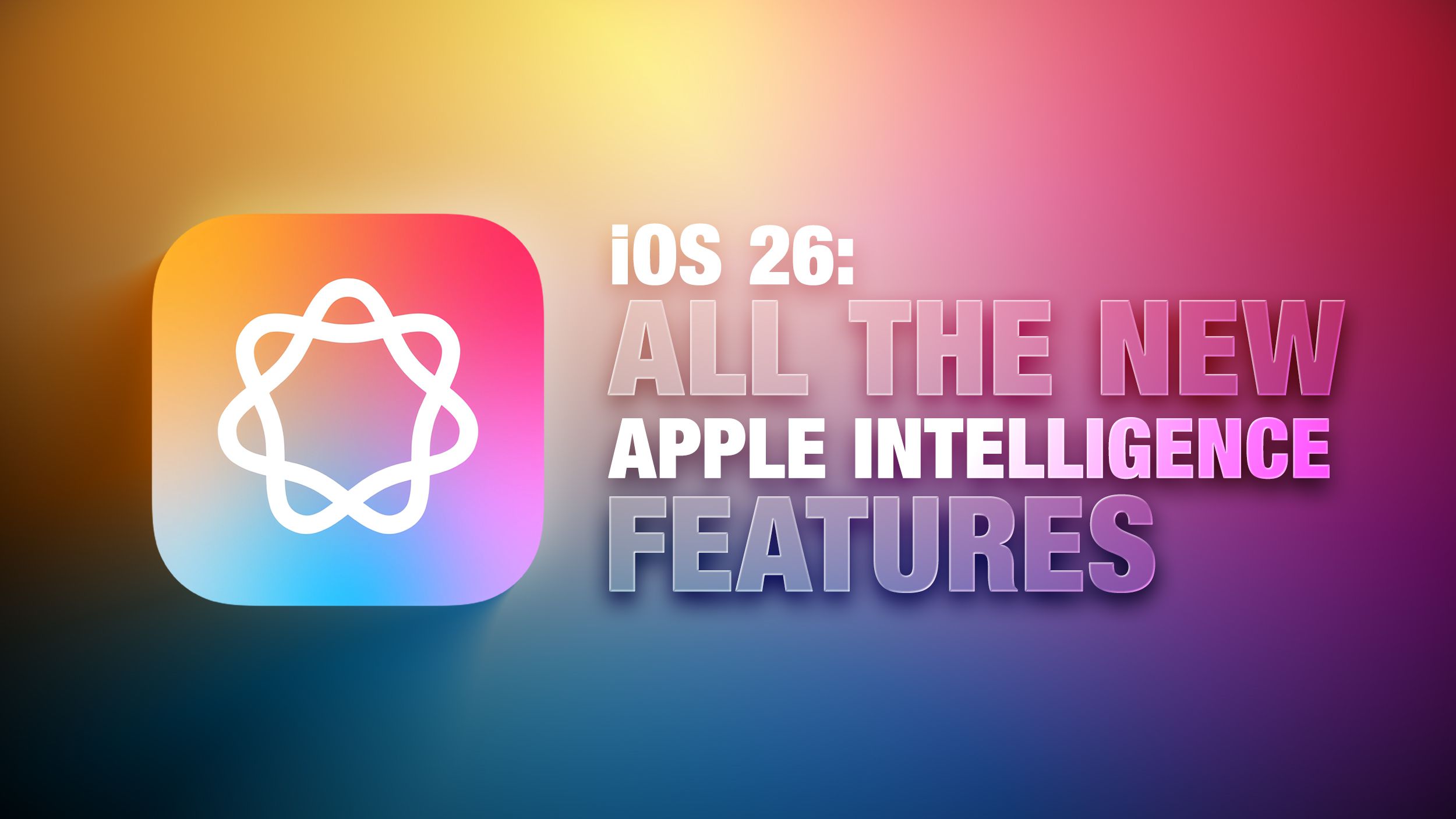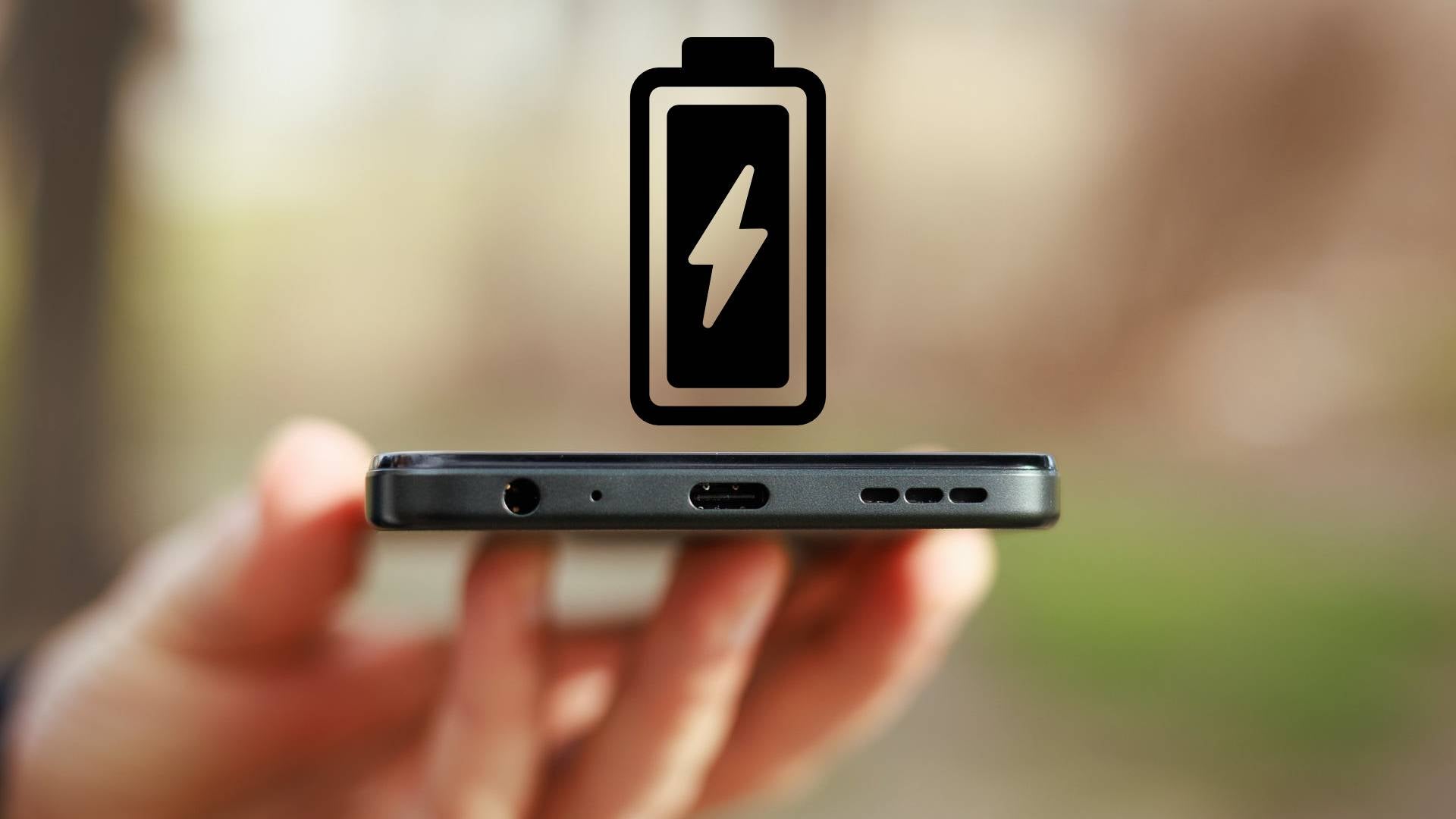The FDA Will Use AI to Accelerate Approving Drugs
The Food and Drug Administration just announced that it will immediately start using AI across all of its centers, after completing a new generative AI pilot for scientific reviewers. Supposedly, the AI tool will speed up the FDA's drug review process by reducing the time its scientists have to spend doing tedious, repetitive tasks — though, given AI's track record of hallucinating, these claims should be scrutinized. "This is a game-changer technology that has enabled me to perform scientific review tasks in minutes that used to take three days," said Jinzhong Liu, a deputy director in the FDA's Center for […]


The Food and Drug Administration just announced that it will immediately start using AI across all of its centers, after completing a new generative AI pilot for scientific reviewers.
Supposedly, the AI tool will speed up the FDA's drug review process by reducing the time its scientists have to spend doing tedious, repetitive tasks — though, given AI's track record of constantly hallucinating, these claims warrant plenty of scrutiny.
"This is a game-changer technology that has enabled me to perform scientific review tasks in minutes that used to take three days," said Jinzhong Liu, a deputy director in the FDA's Center for Drug Evaluation and Research (CDER), in a statement.
FDA commissioner Martin Makary has directed that all FDA centers should achieve full AI integration by June 30, a questionably aggressive timeline.
"By that date, all centers will be operating on a common, secure generative AI system integrated with FDA's internal data platforms," the agency said in its announcement.
The announcement comes just a day after Wired reported that the FDA and OpenAI were holding talks to discuss the agency's use of AI. Notably, the FDA's new statement makes no mention of OpenAI or its potential involvement.
Behind the scenes, however, Wired sources say that a team from the ChatGPT maker met with the FDA and two associates from Elon Musk's so-called Department of Government Efficiency multiple times in recent weeks, to discuss a project called "cderGPT." The name is almost certainly a reference to the FDA's abovementioned CDER, which regulates drugs sold in the US.
This may have been a long time coming. Wired notes that the FDA sponsored a fellowship in 2023 to develop large language models for internal use. And according to Robert Califf, who served as FDA commissioner between 2016 and 2017, the agency review teams have already been experimenting with AI for several years.
"It will be interesting to hear the details of which parts of the review were 'AI assisted' and what that means," Califf told Wired. "There has always been a quest to shorten review times and a broad consensus that AI could help."
The agency was considering using AI in other aspects of its operations, too.
"Final reviews for approval are only one part of a much larger opportunity," Califf added.
Makary, who was appointed commissioner by president Donald Trump, has frequently expressed his enthusiasm for the technology.
"Why does it take over ten years for a new drug to come to market?" he tweeted on Wednesday. "Why are we not modernized with AI and other things?"
The FDA news parallels a broader trend of AI adoption in federal agencies during the Trump administration. In March, OpenAI announced a version of its chatbot called ChatGPT Gov designed to be secure enough to process sensitive government information. Musk has pushed to fast-track the development of another AI chatbot for the US General Services Administration, while using the technology to try to rewrite the Social Security computer system.
Yet, the risks of using the technology in a medical context are concerning, to say the least. Speaking to Wired, an ex-FDA staffer who has tested ChatGPT as a clinical tool pointed out the chatbot's proclivity for making up convincing-sounding lies — a problem that won't go away anytime soon.
"Who knows how robust the platform will be for these reviewers' tasks," the former FDA employee told the magazine.
More on medical AI: Nonverbal Neuralink Patient Is Using Brain Implant and Grok to Generate Replies
The post The FDA Will Use AI to Accelerate Approving Drugs appeared first on Futurism.






















































































































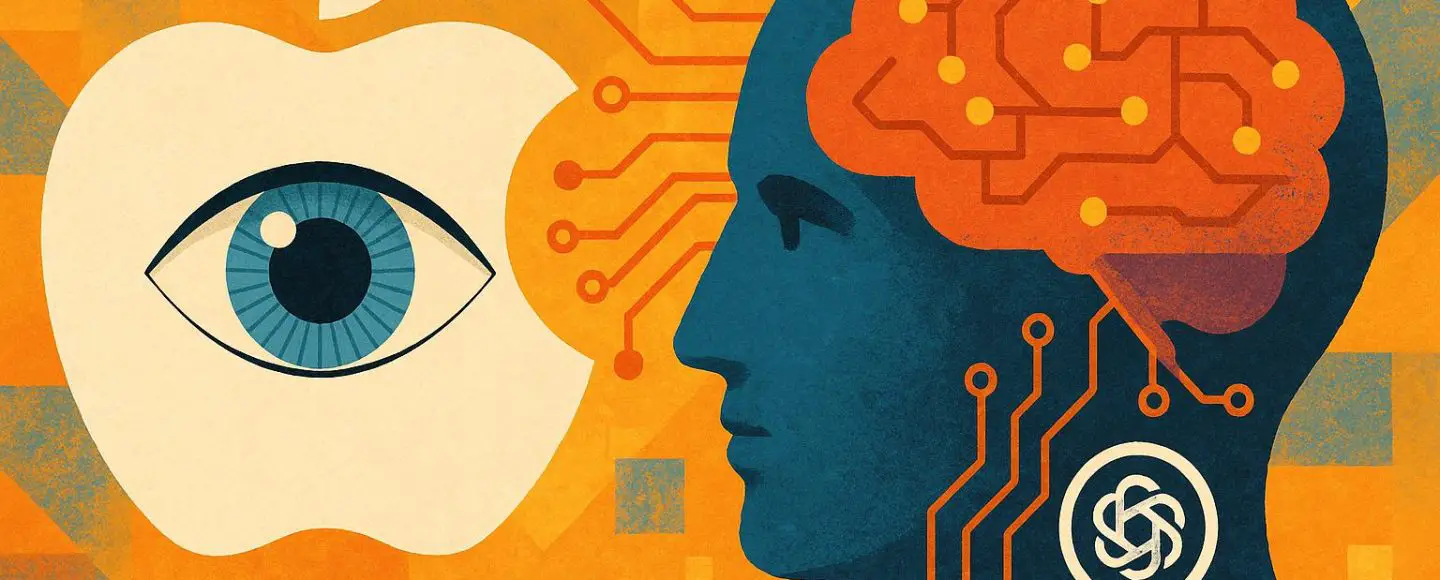





















































![[The AI Show Episode 156]: AI Answers - Data Privacy, AI Roadmaps, Regulated Industries, Selling AI to the C-Suite & Change Management](https://www.marketingaiinstitute.com/hubfs/ep%20156%20cover.png)
![[The AI Show Episode 155]: The New Jobs AI Will Create, Amazon CEO: AI Will Cut Jobs, Your Brain on ChatGPT, Possible OpenAI-Microsoft Breakup & Veo 3 IP Issues](https://www.marketingaiinstitute.com/hubfs/ep%20155%20cover.png)

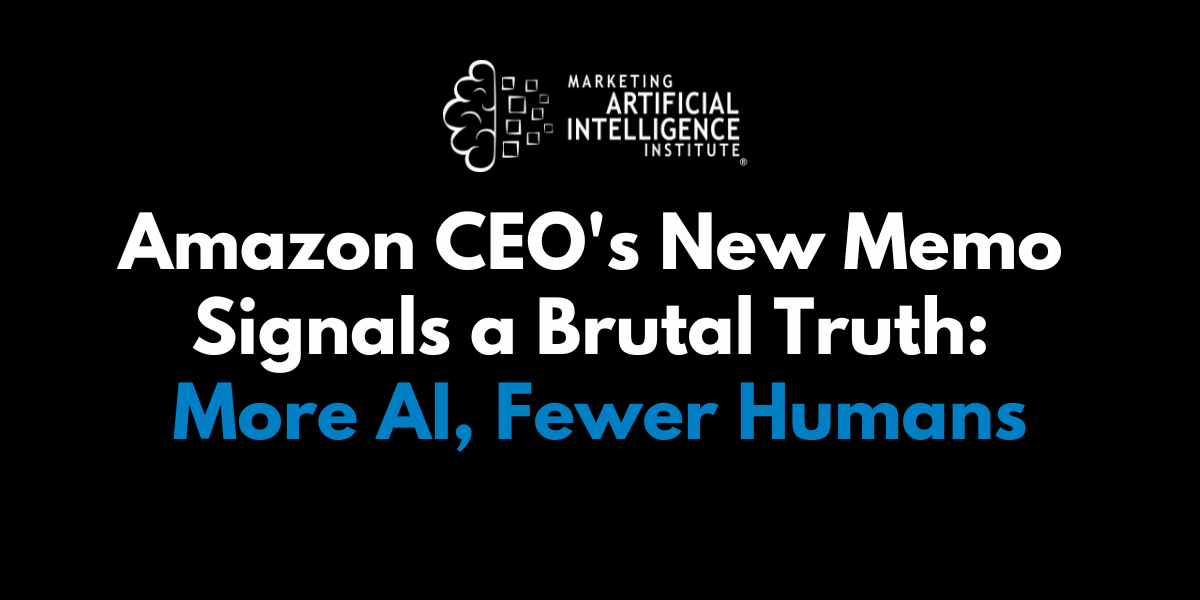





















































































































![[DEALS] 1min.AI: Lifetime Subscription (82% off) & Other Deals Up To 98% Off – Offers End Soon!](https://www.javacodegeeks.com/wp-content/uploads/2012/12/jcg-logo.jpg)








































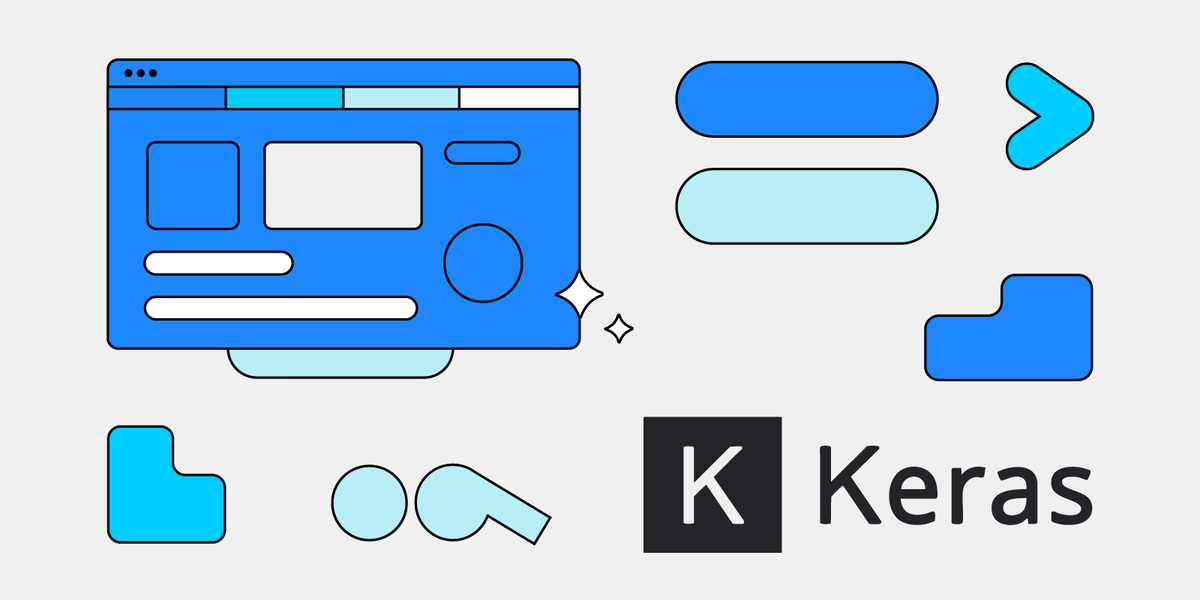
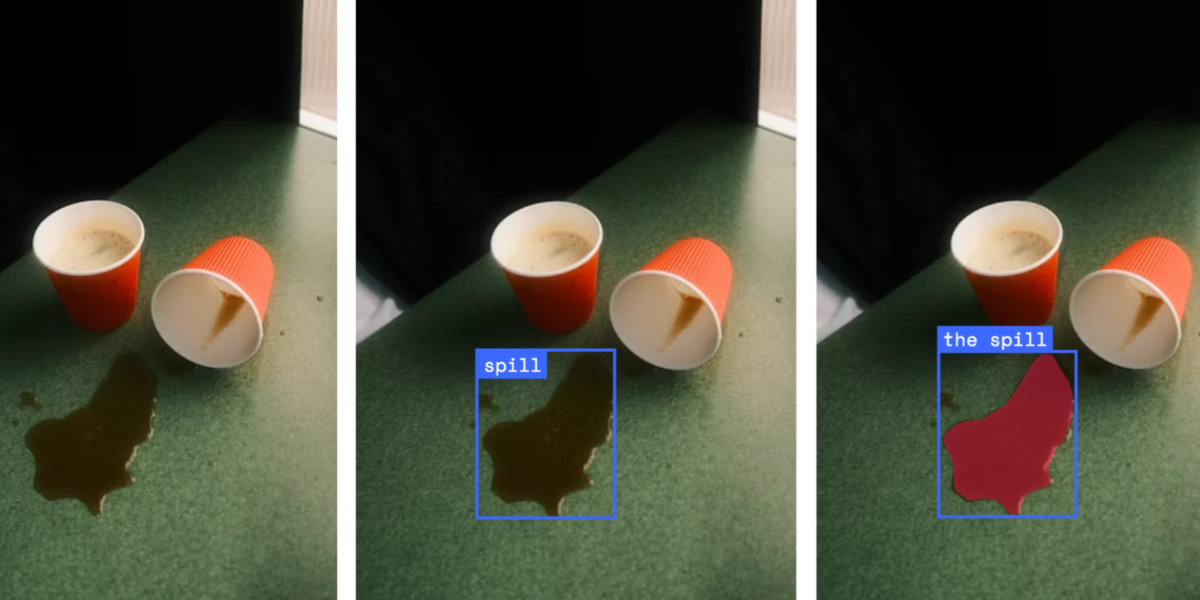

































































































_incamerastock_Alamy.jpg?width=1280&auto=webp&quality=80&disable=upscale#)
_Brain_light_Alamy.jpg?width=1280&auto=webp&quality=80&disable=upscale#)
























































































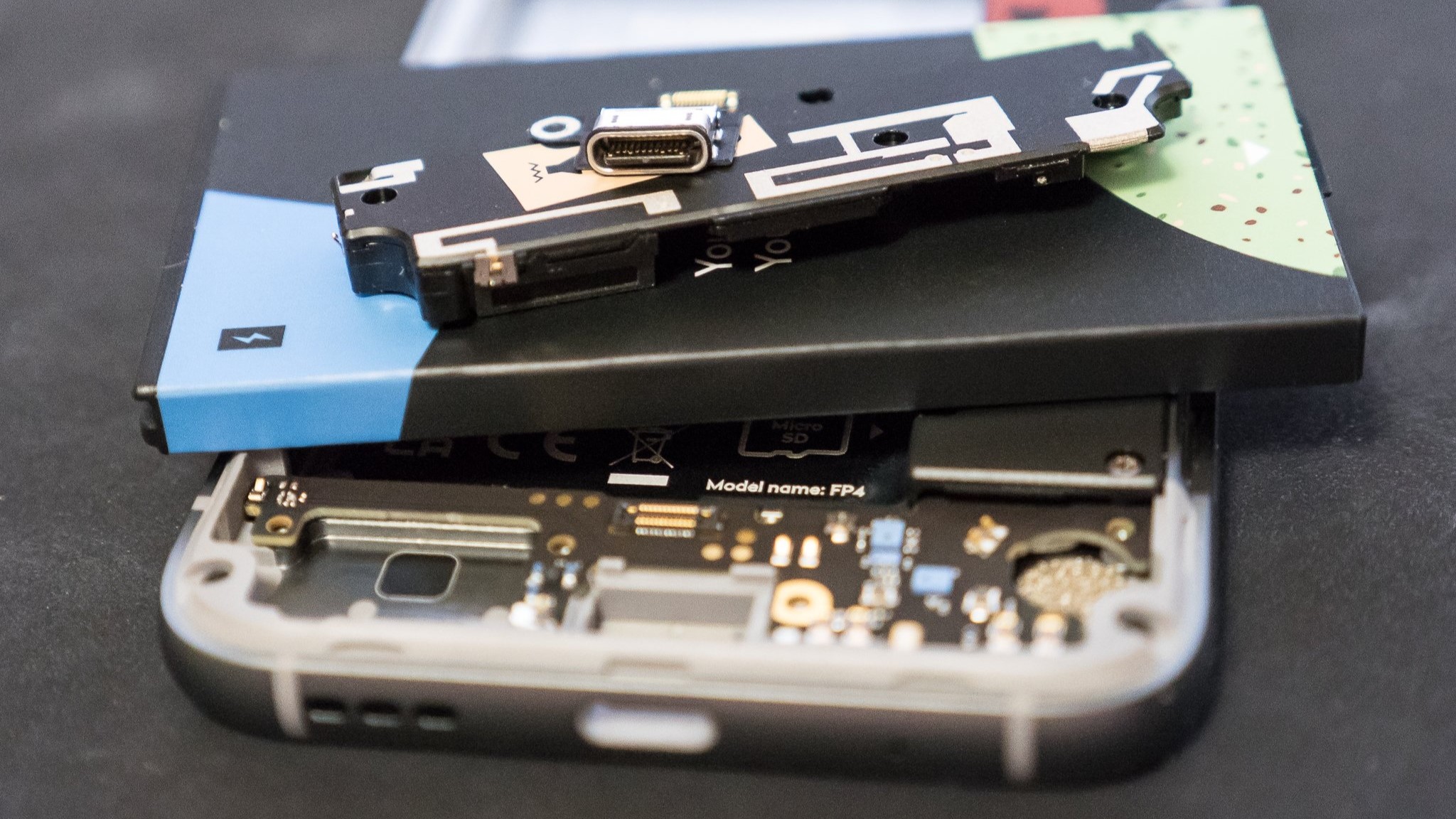







![Nothing Phone (3) has a 50MP ‘periscope’ telephoto lens – here are the first samples [Gallery]](https://i0.wp.com/9to5google.com/wp-content/uploads/sites/4/2025/06/nothing-phone-3-telephoto.jpg?resize=1200%2C628&quality=82&strip=all&ssl=1)

































